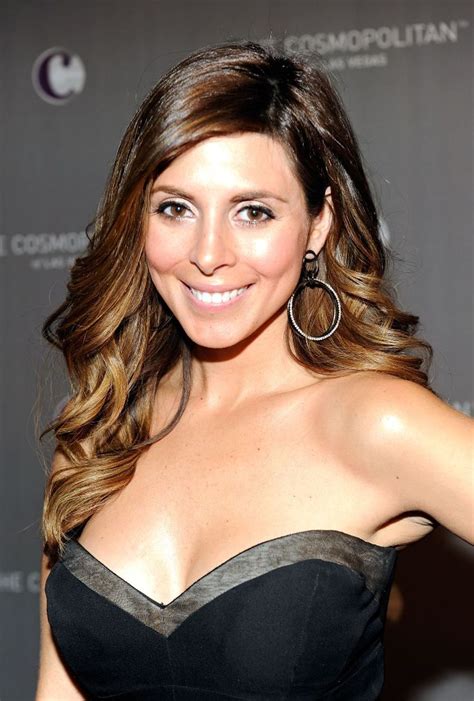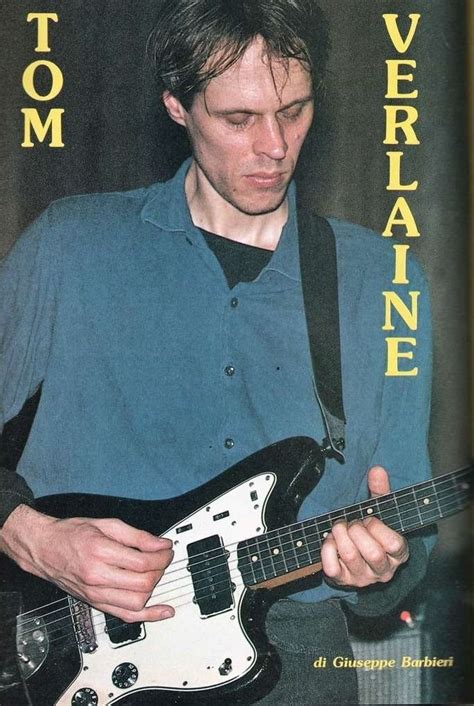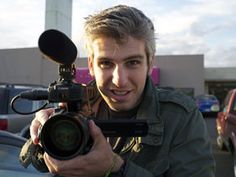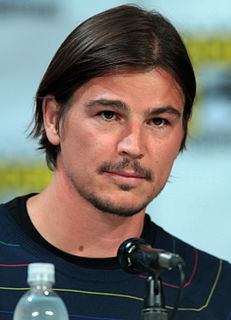A Quote by Max Richter
In terms of how the music developed, it was my normal process, which I would say is really a hybrid process of sketching on bits of paper, playing the piano, playing synthesisers, using the computer, staring out of the window, finding things I'd forgotten about, happy accidents, failed plans, best intentions, equipment failures. It is a multidimensional process incorporating a lot of planning and intention and a lot of randomness. Ultimately I just follow the material where it wants to go a lot of the time.
Quote Topics
About
Accidents
Best
Best Intentions
Bits
Computer
Developed
Equipment
Failed
Failures
Finding
Follow
Forgotten
Go
Happy
Happy Accidents
How
Hybrid
Incorporating
Intention
Intentions
Just
Lot
Material
Music
Normal
Out
Paper
Piano
Planning
Plans
Playing
Process
Randomness
Really
Say
Sketching
Staring
Terms
Things
Time
Ultimately
Using
Wants
Which
Window
Would
Related Quotes
Well, it's not all the same, but there are a lot of parallels. I'm not sure how to answer [on psychology background], but I think when I was studying psychology I had a professor and a friend who would talk about "process" all the time. Your process, his process, the group's process. There's some carryover from that discussion to my creative work.
Collaboration has become really integral to my process. I play music so that I can spend time with my friends and communicate in that way. I experience so much joy in that process, because, you know, it's those times of getting together and playing music and all that comes with it that are the best for me.
I write a lot of more instrumental music than I do vocal music. It's because I come out of a background of playing piano and then playing sax for a number of years. I kind of got into rock backwards. A lot of guys go into rock and then get sick of it and then go into something else. I came the other way, so I've always just had a lot more stuff lying around.
You can actually improvise a lot as a voice actor. It's not that entirely different than shooting a live action movie; the characters mouths are quite easy to manipulate once all the information is built into the computer. So you can improvise a lot and it doesn't matter really how far along they are in the process they can really just make the character say something different.
The creative process is just a process and you can't really separate it from life. Growing your hair is a creative process. Your body is creating hair. Being alive is a creative process. Whether it's growing something in the garden or growing a song, the material accumulates. It's the process of being alive; it's the passage of time. Things change.
You learn so much from making mistakes, not even necessarily mistakes that I've made, a lot of the time the films just don't work out because it's a really difficult process. And sometimes there's a certain person underlining process. But I've had an opportunity to work on all different types of films and I have had a lot of opportunities to stretch myself in different ways and now is the time where I get to try and figure out out the roles that I can really play well and play them well.








































